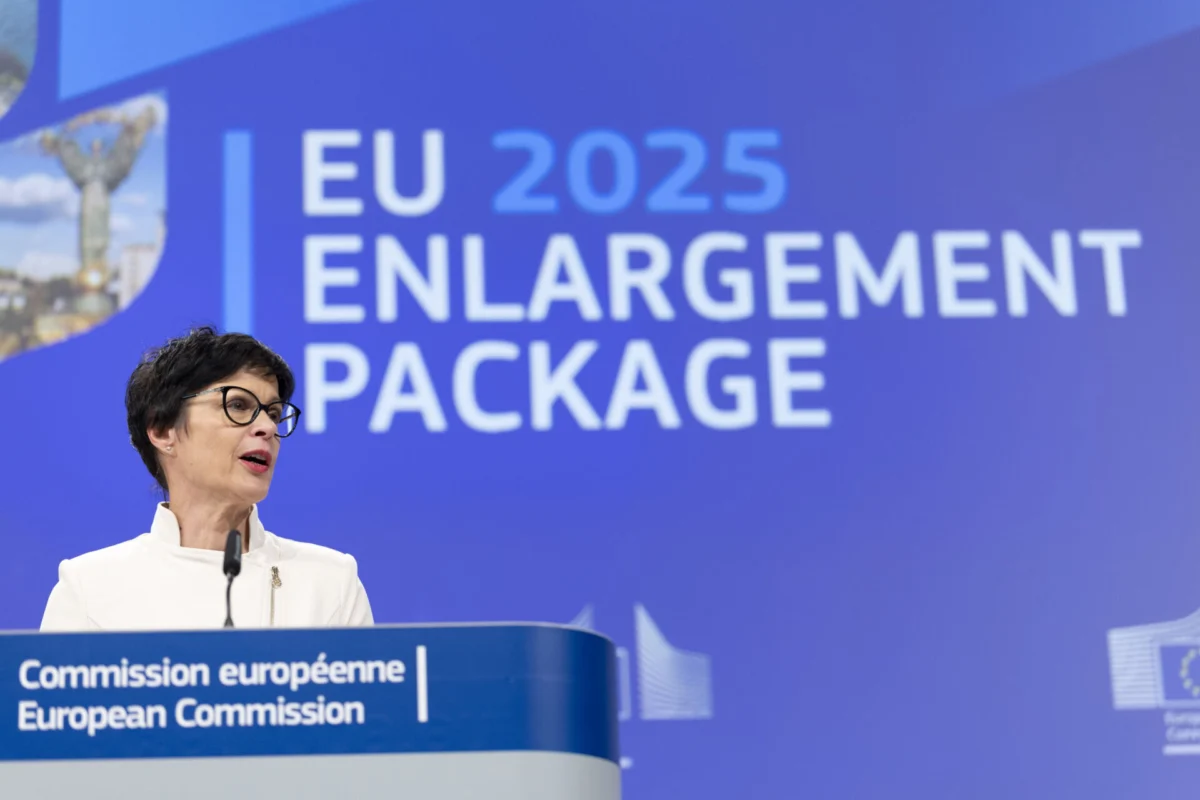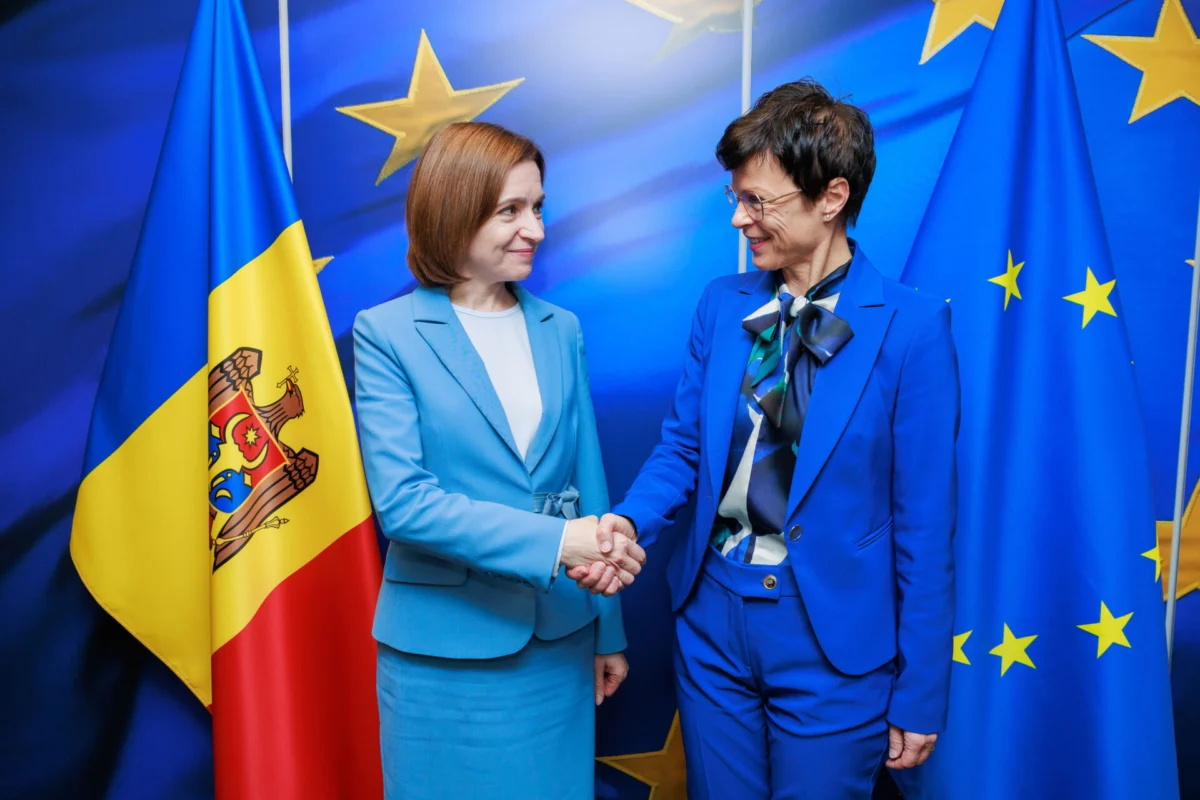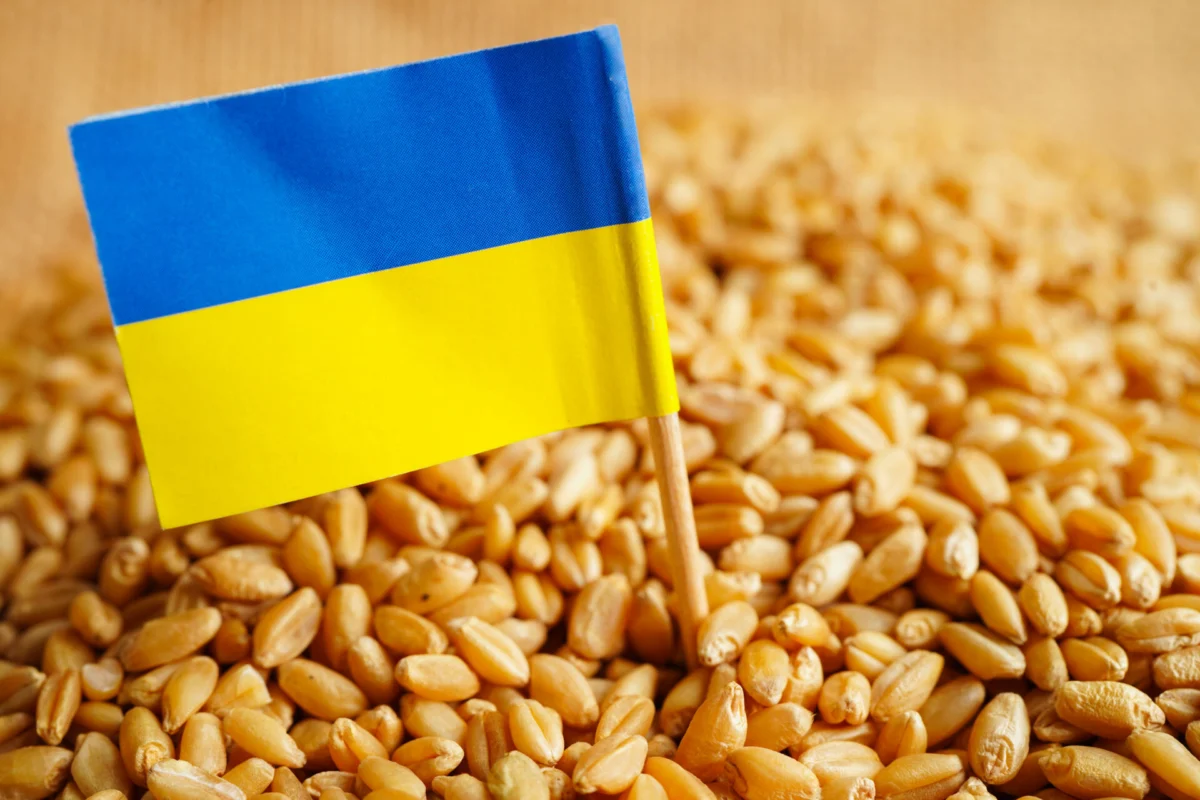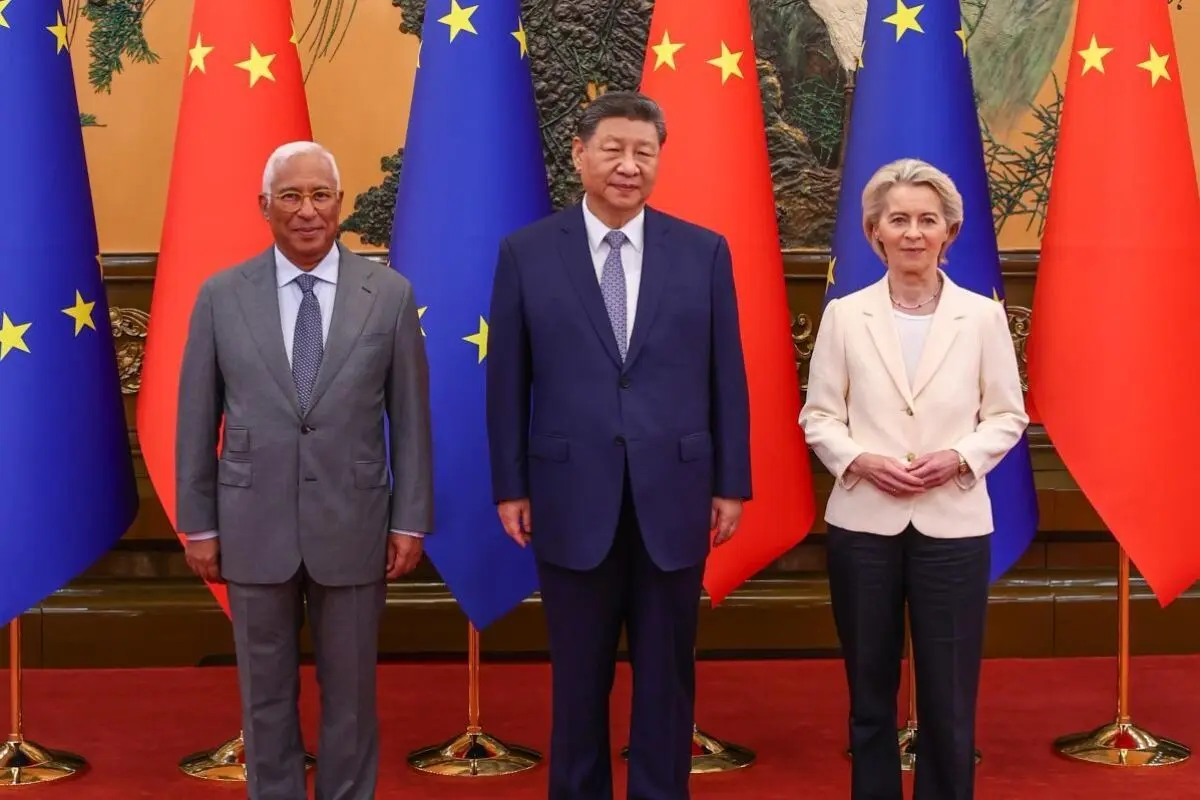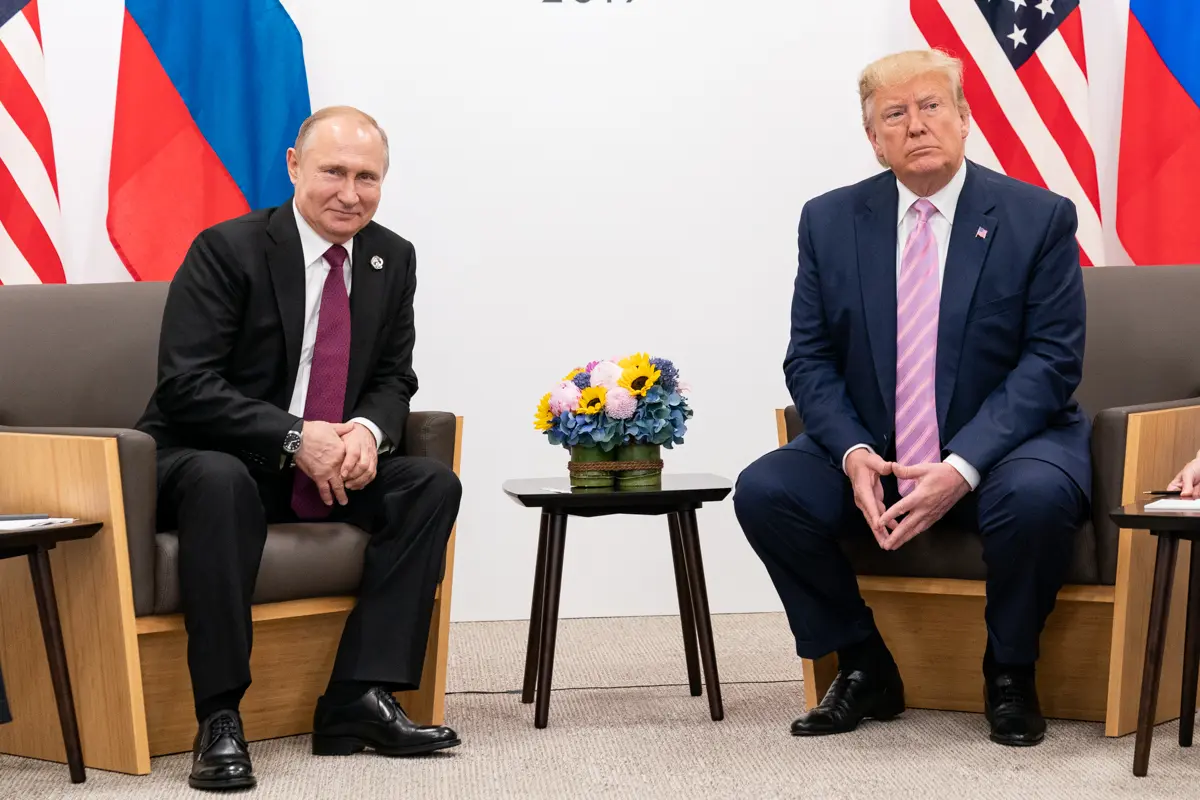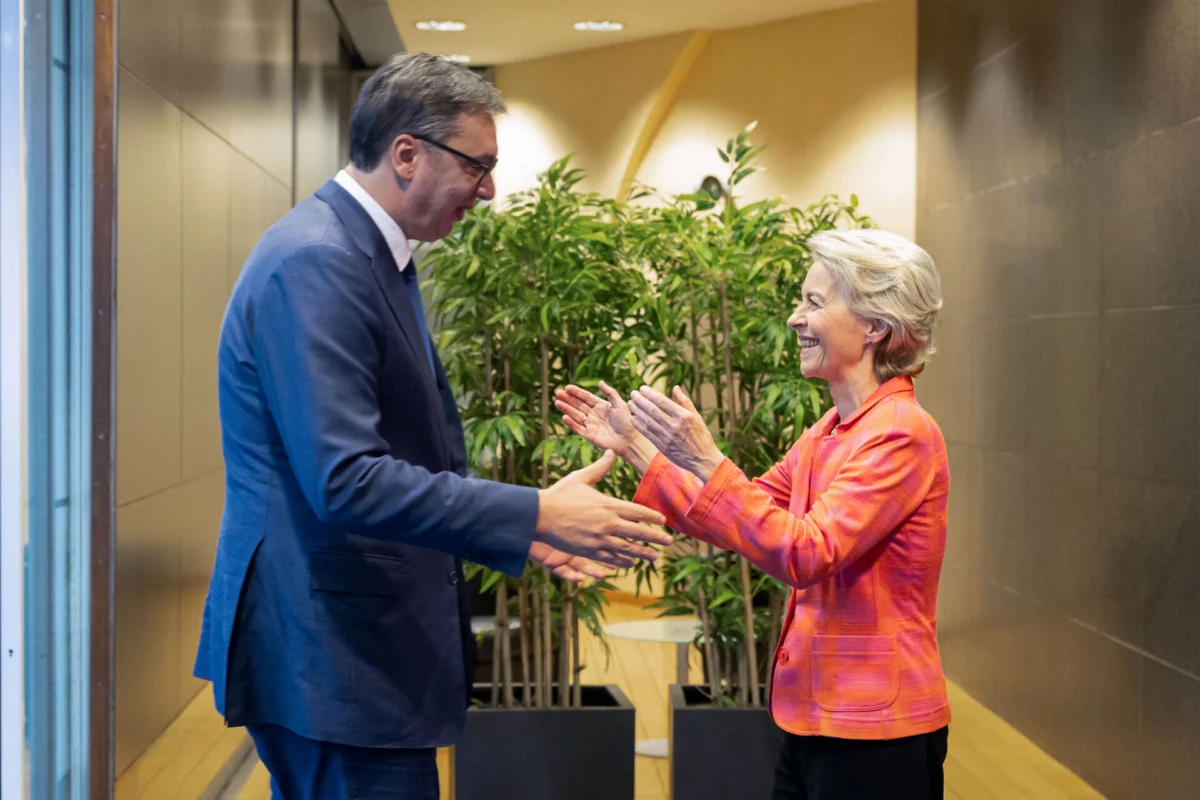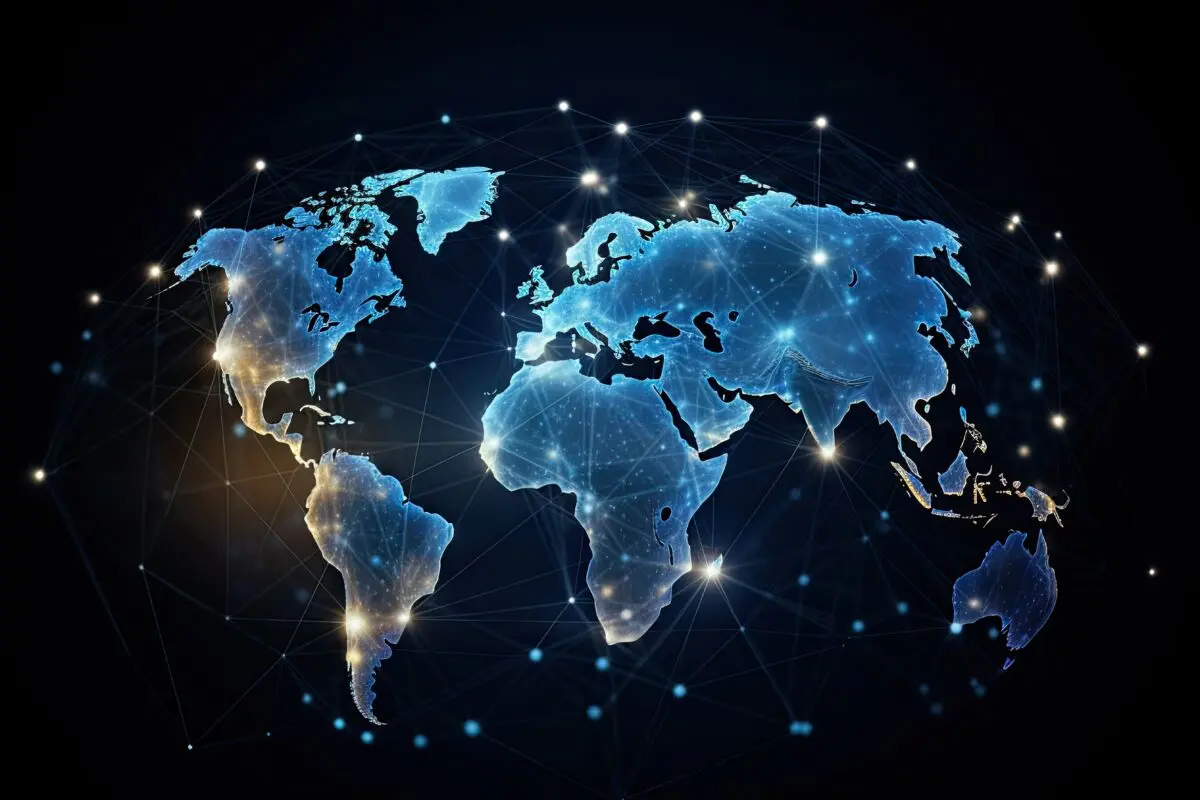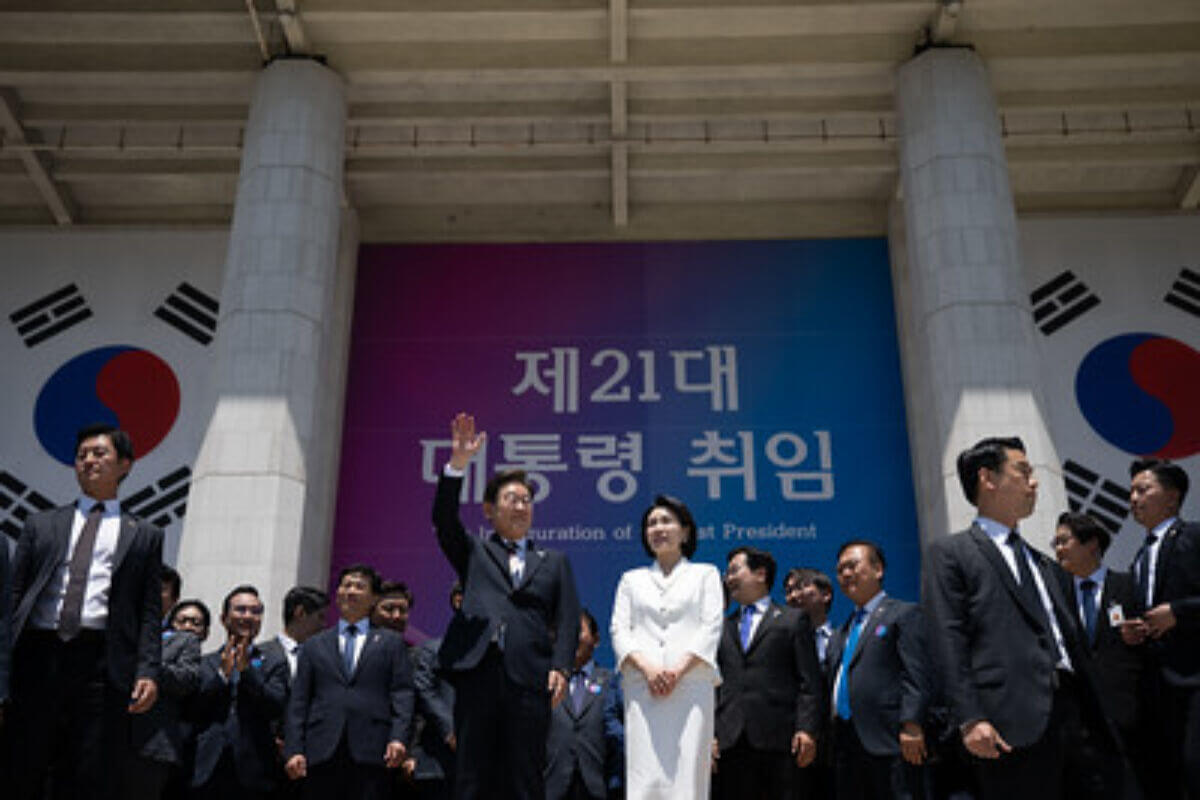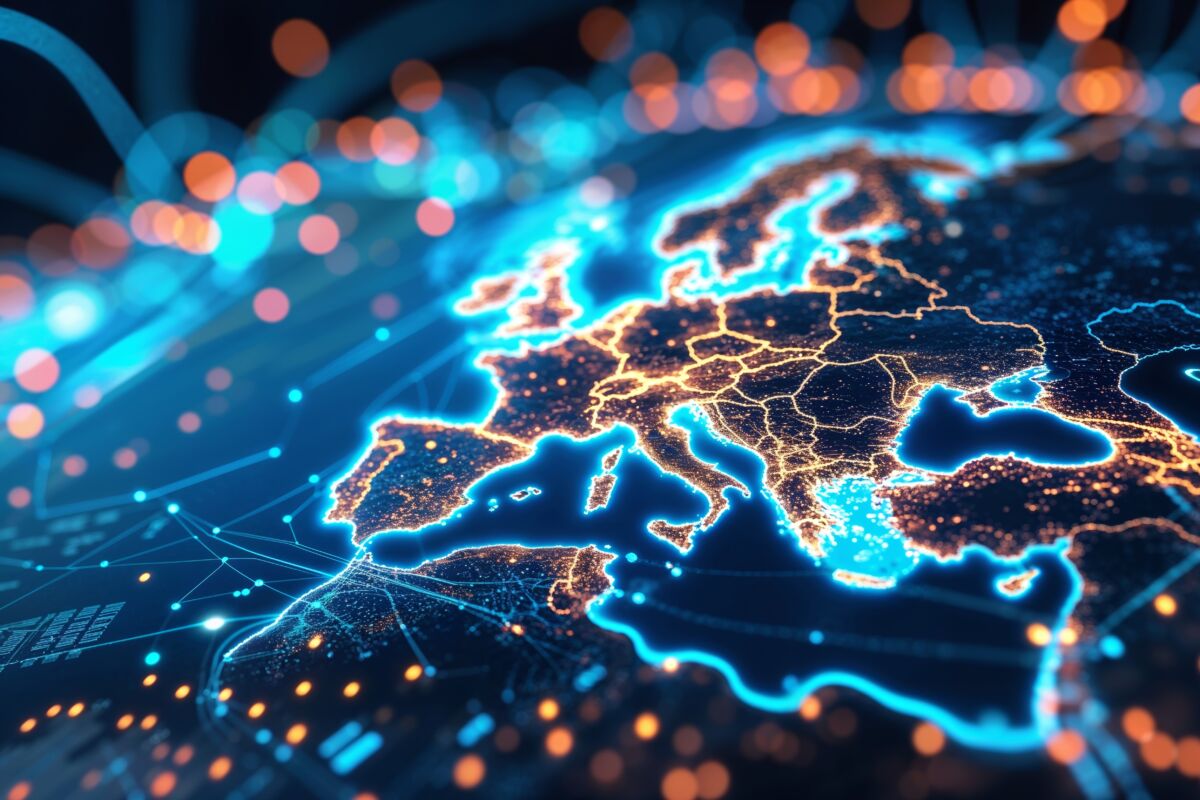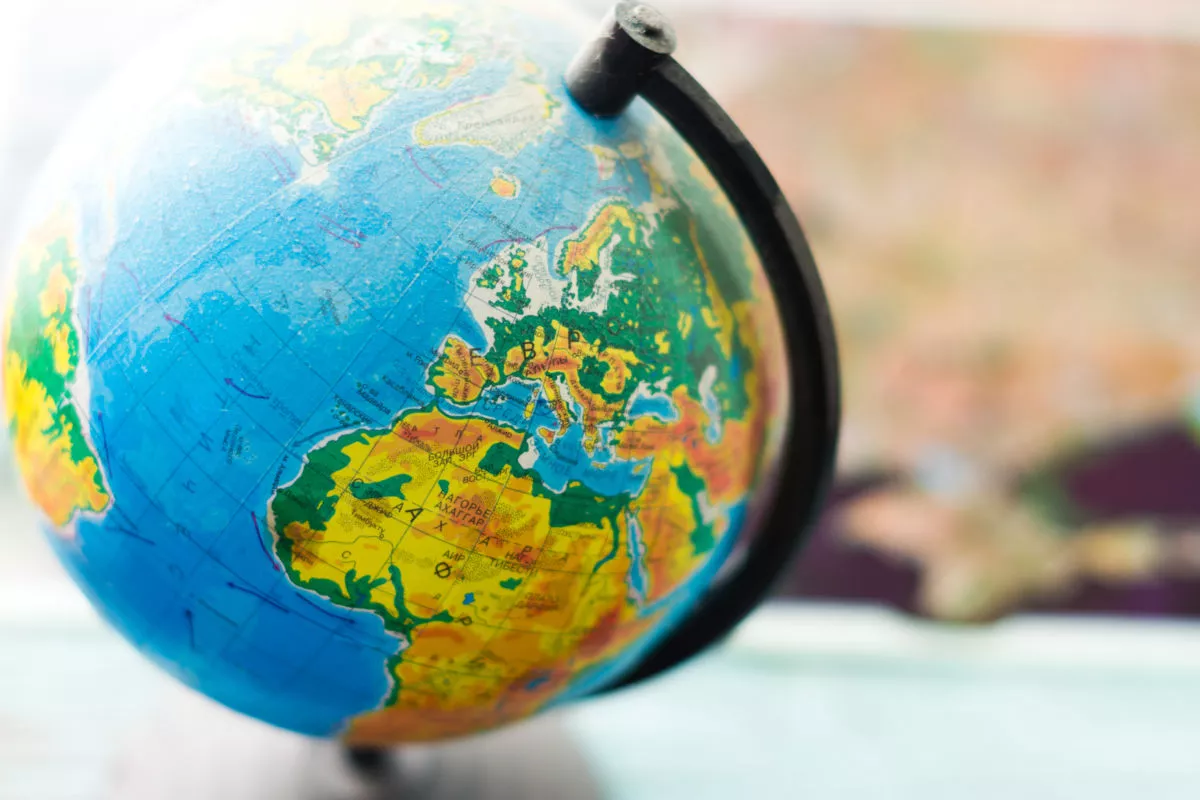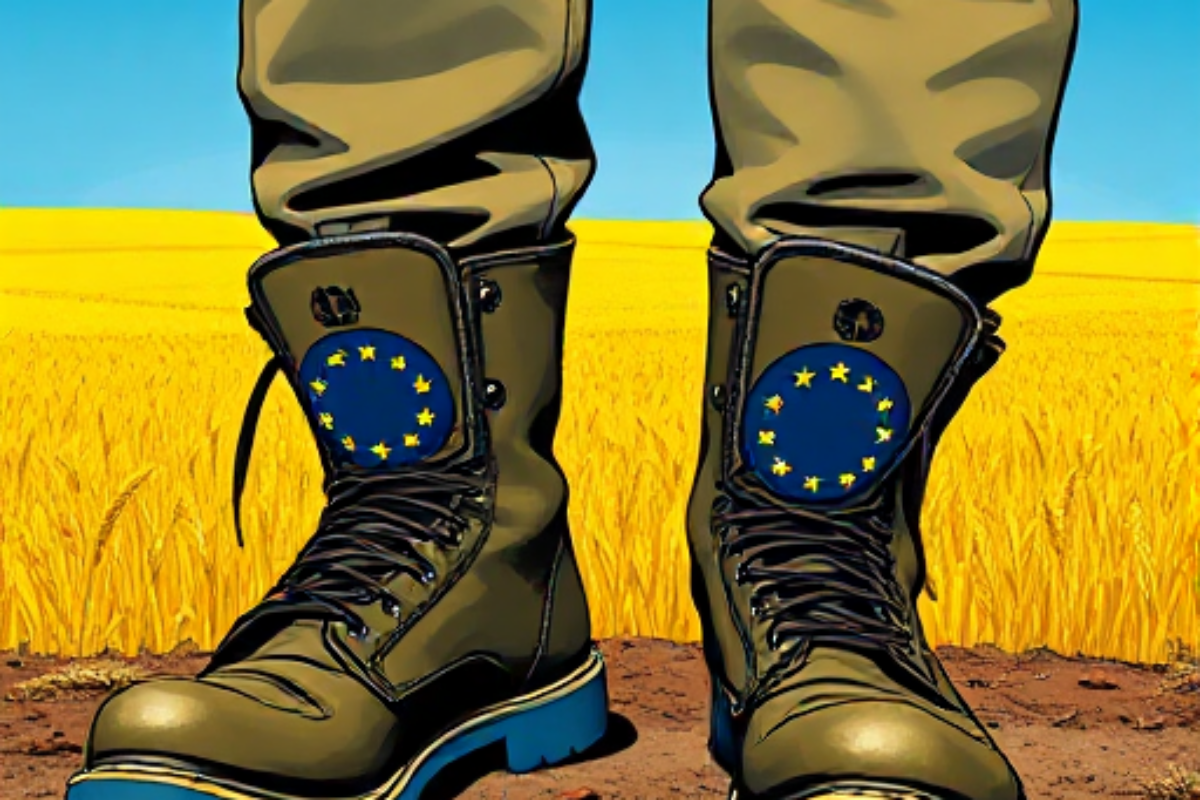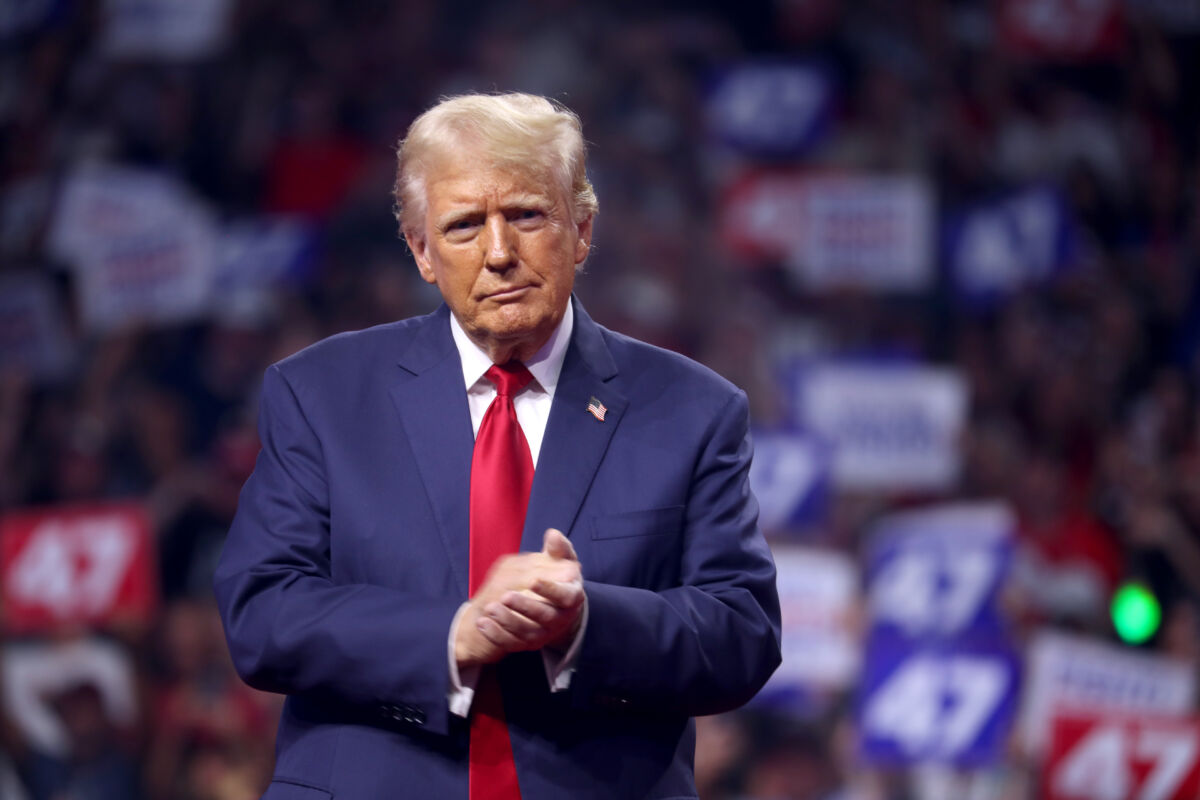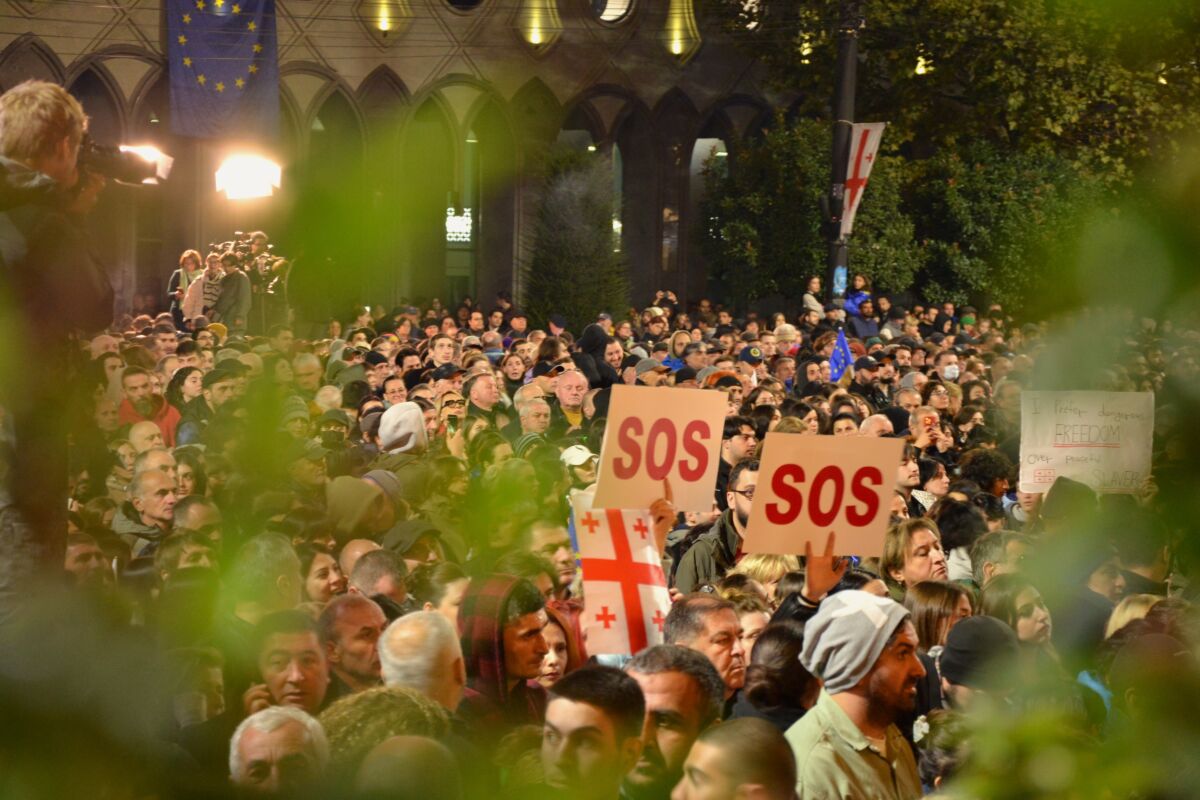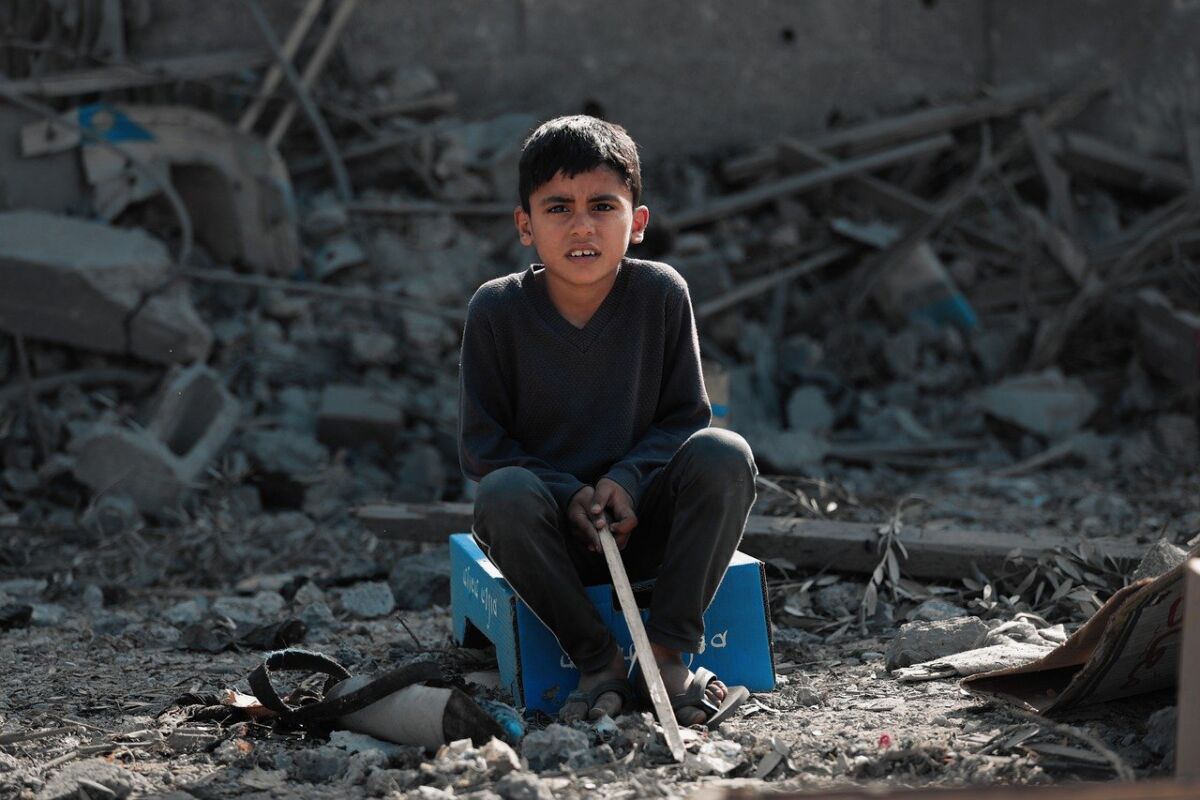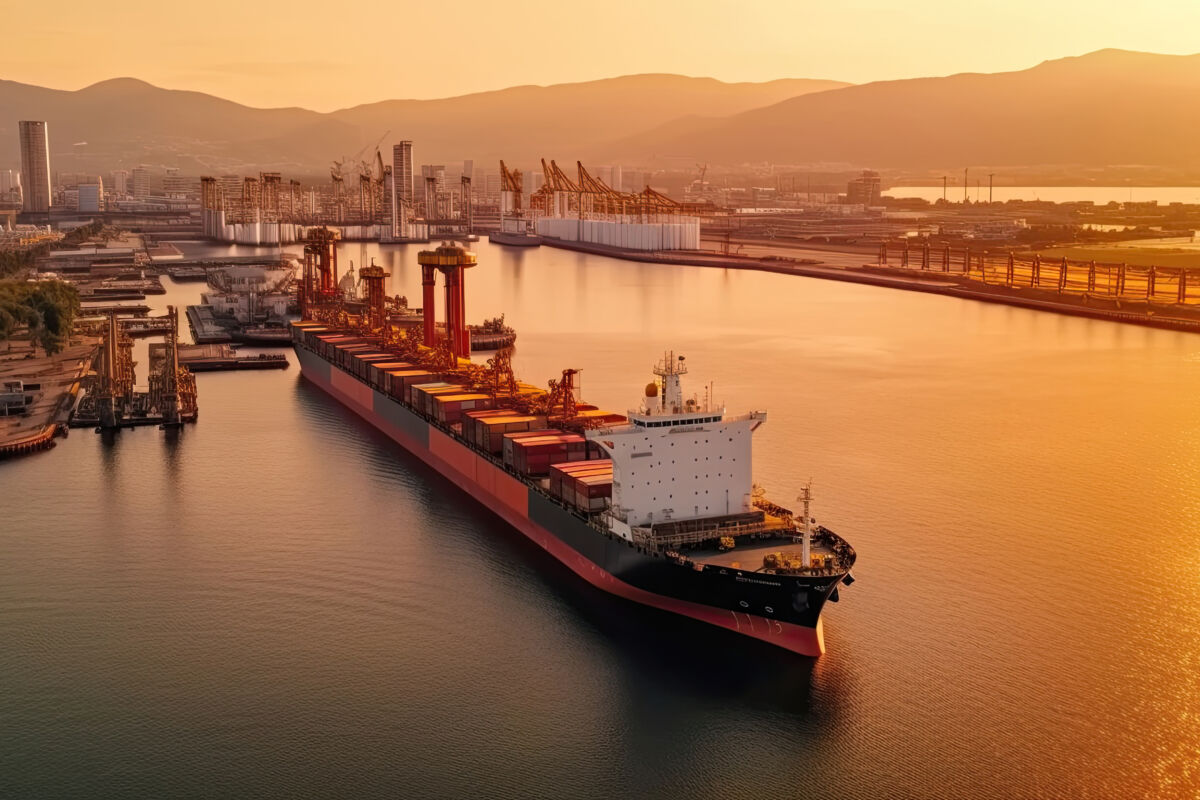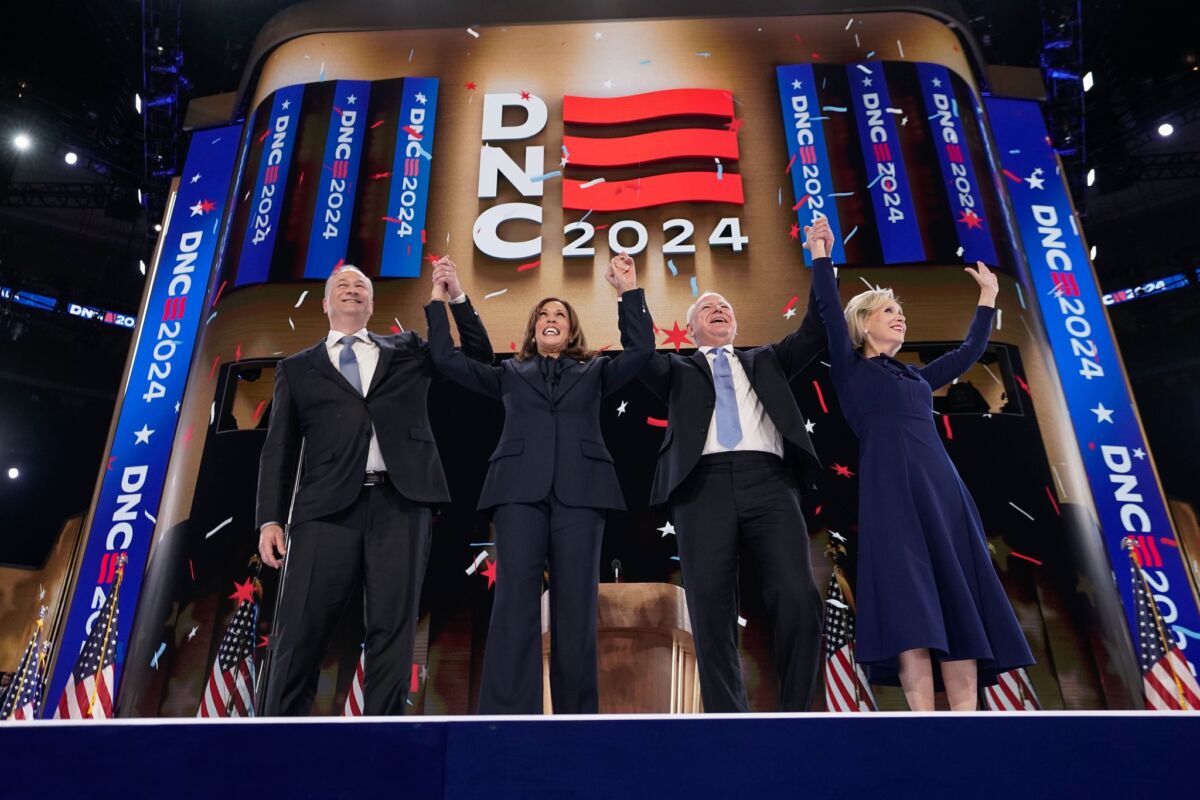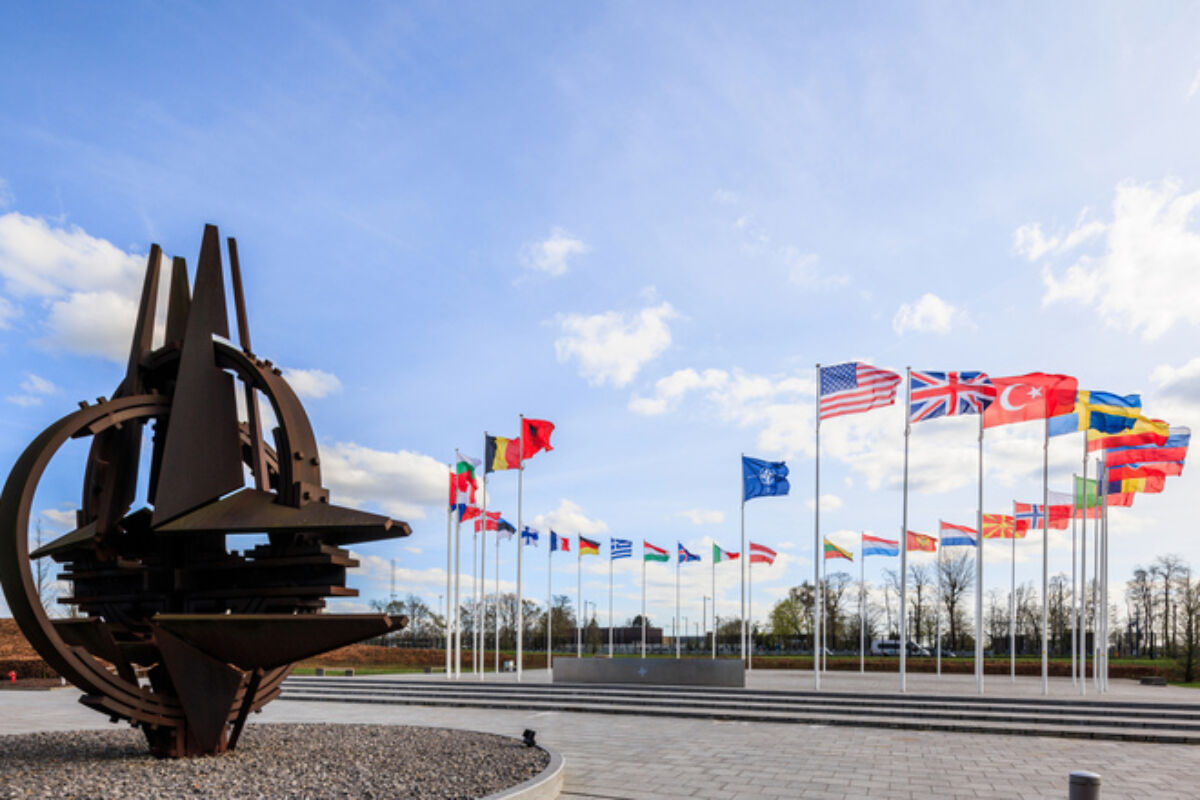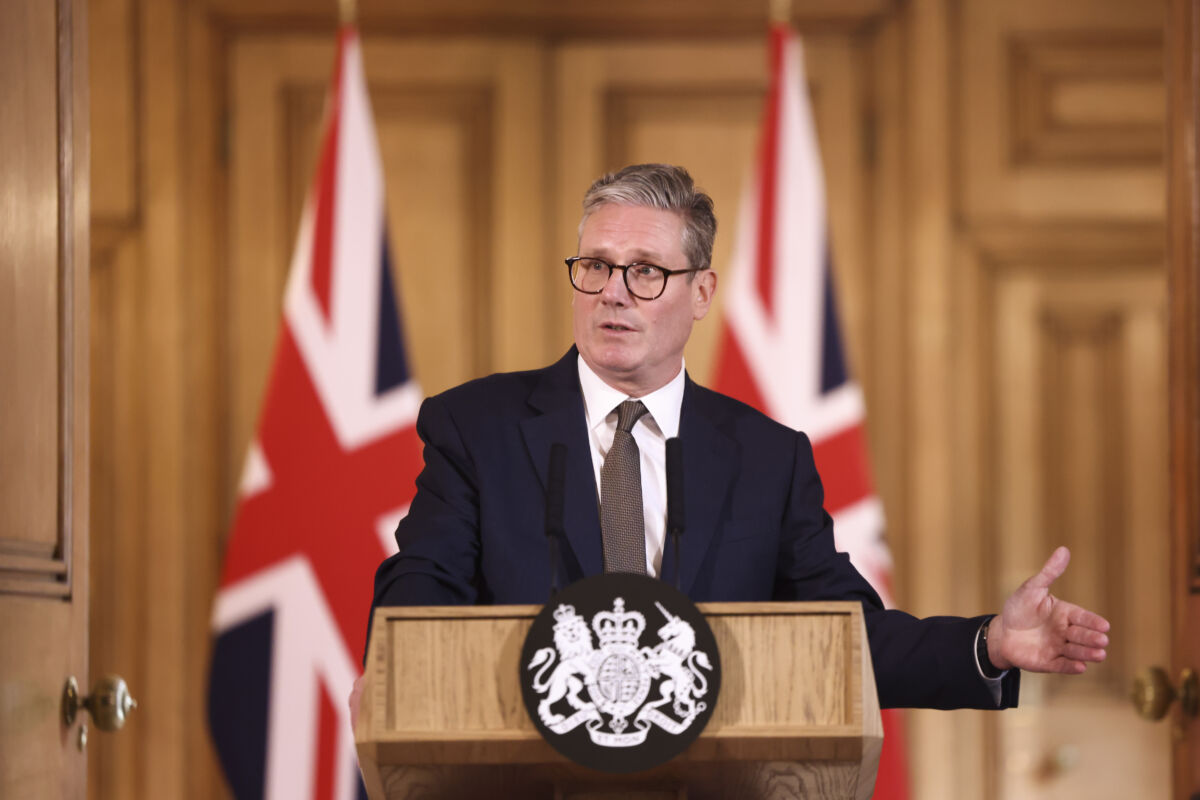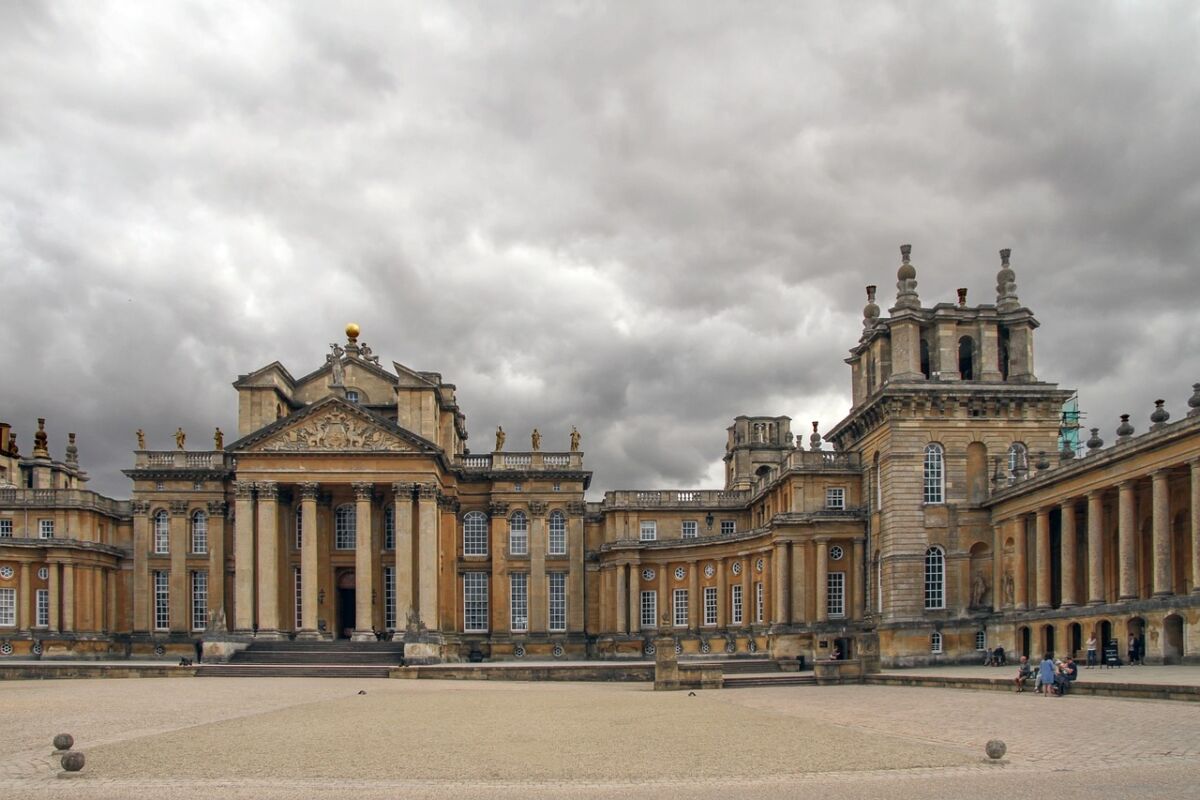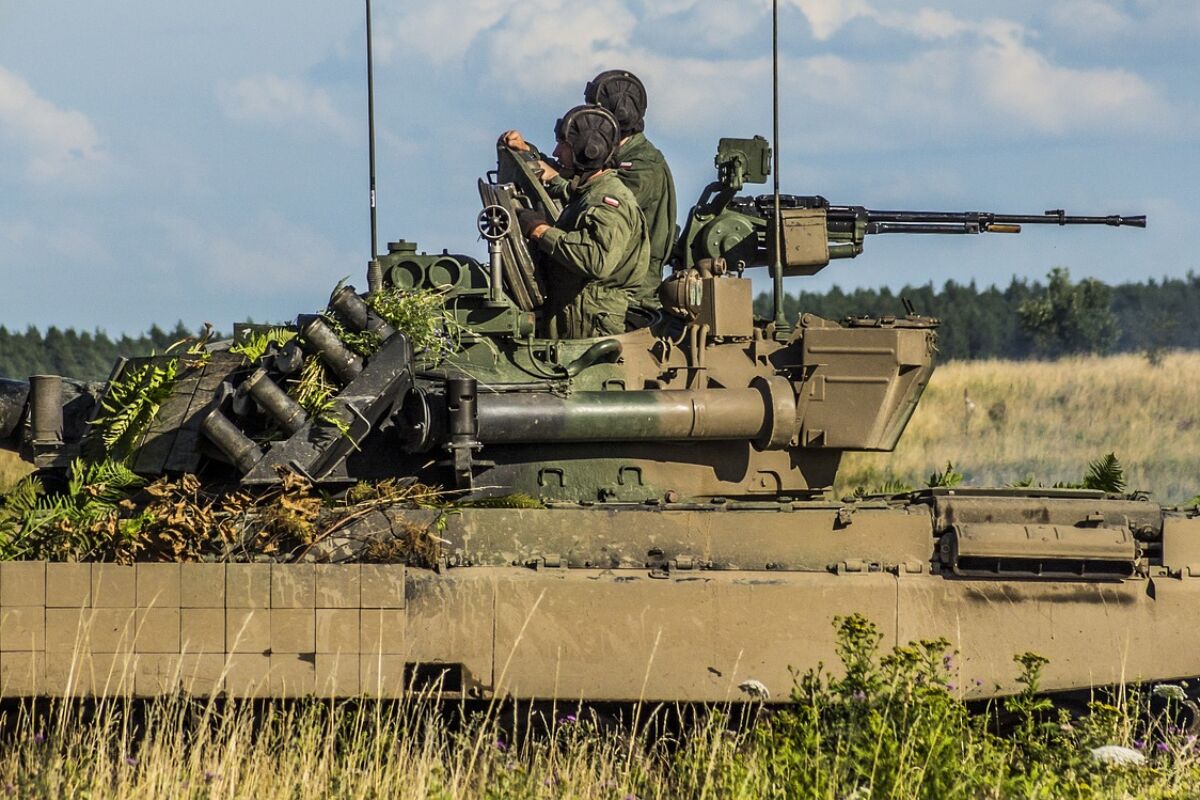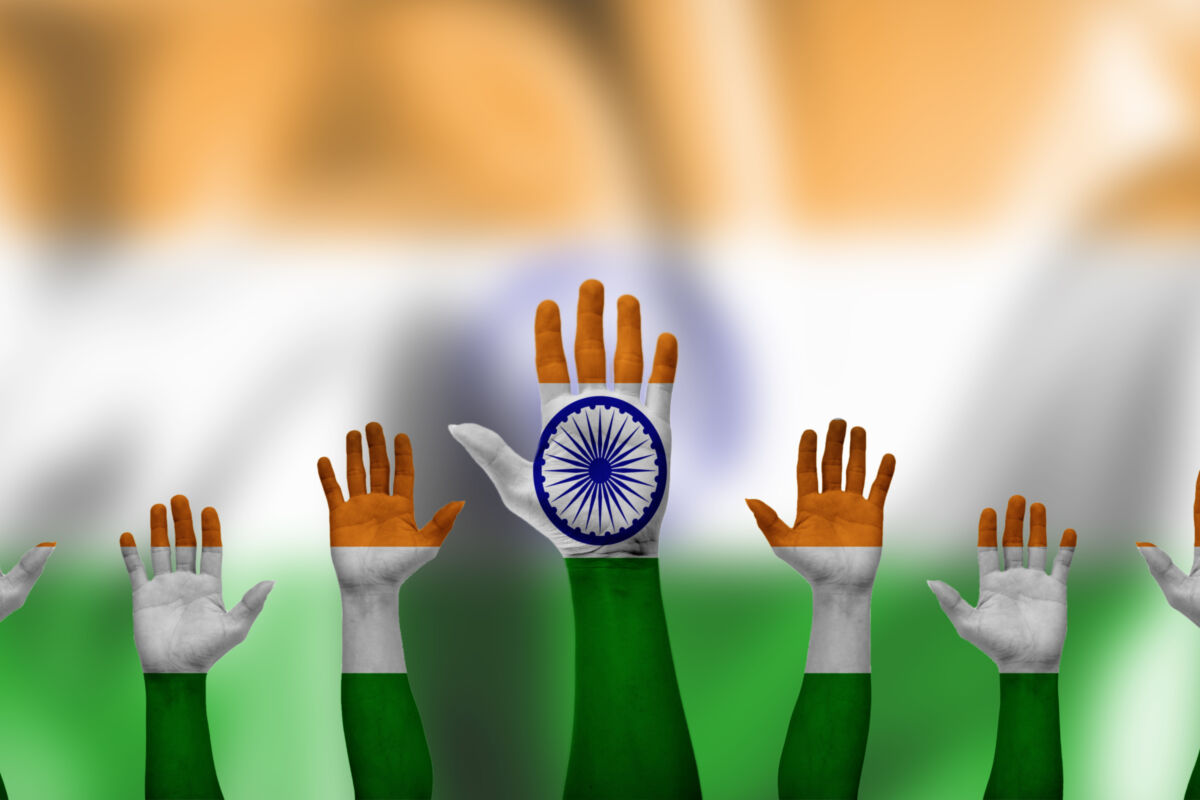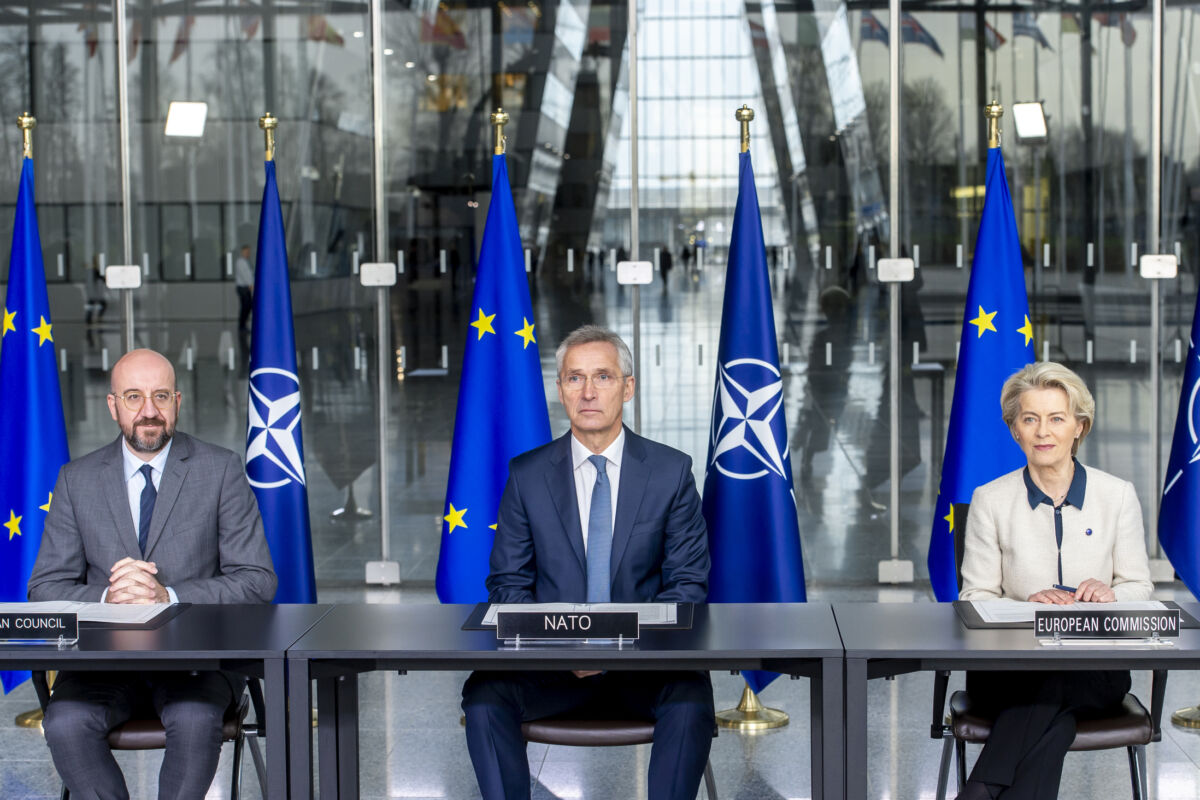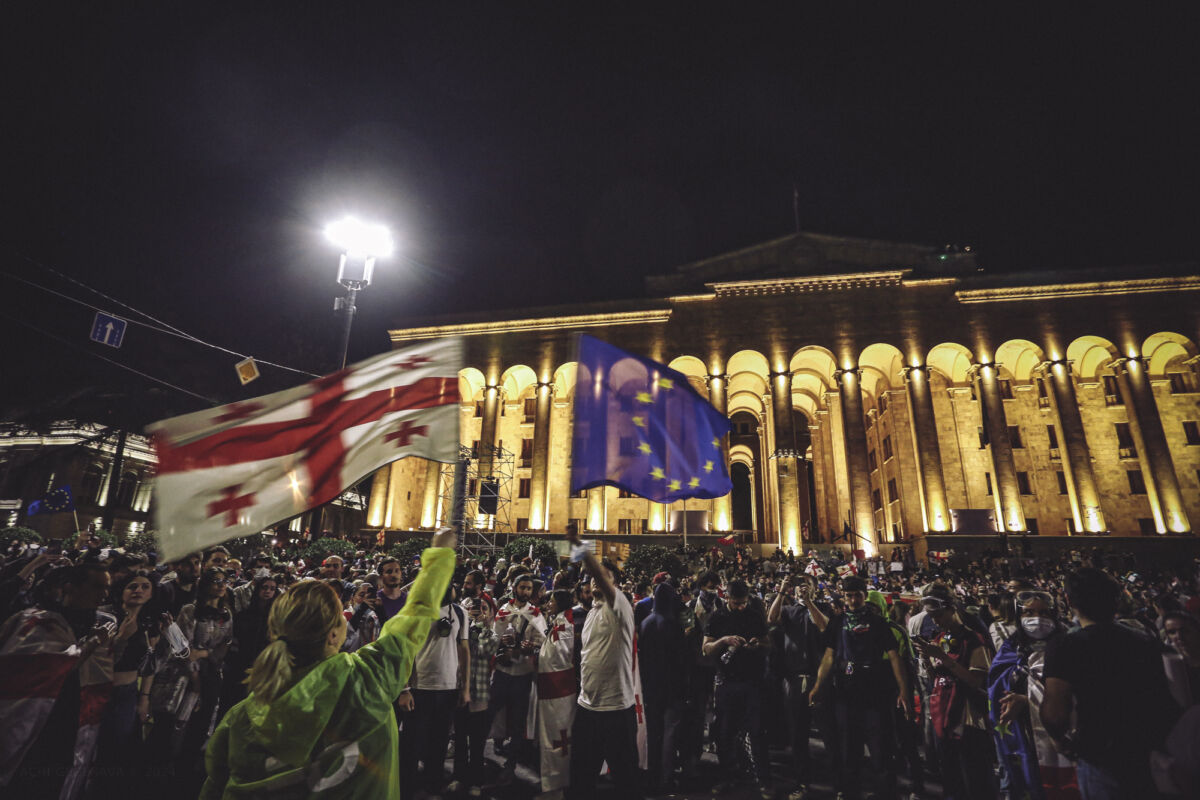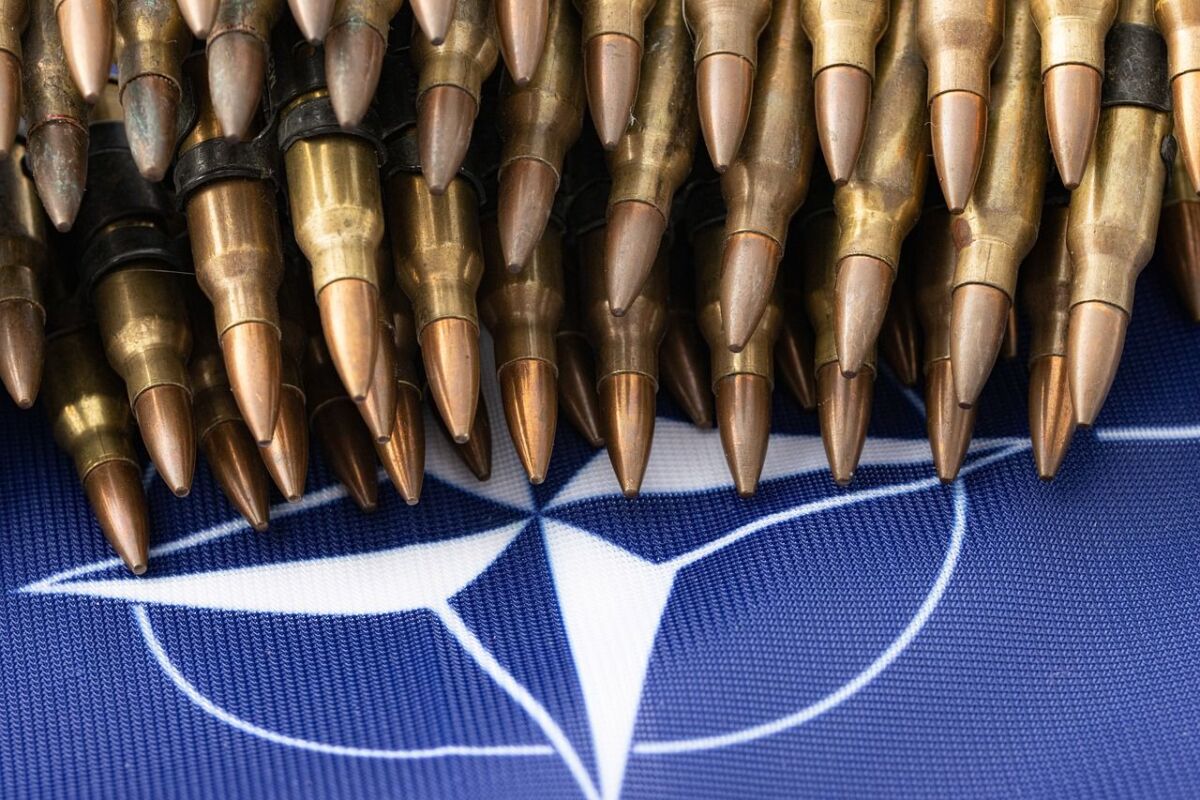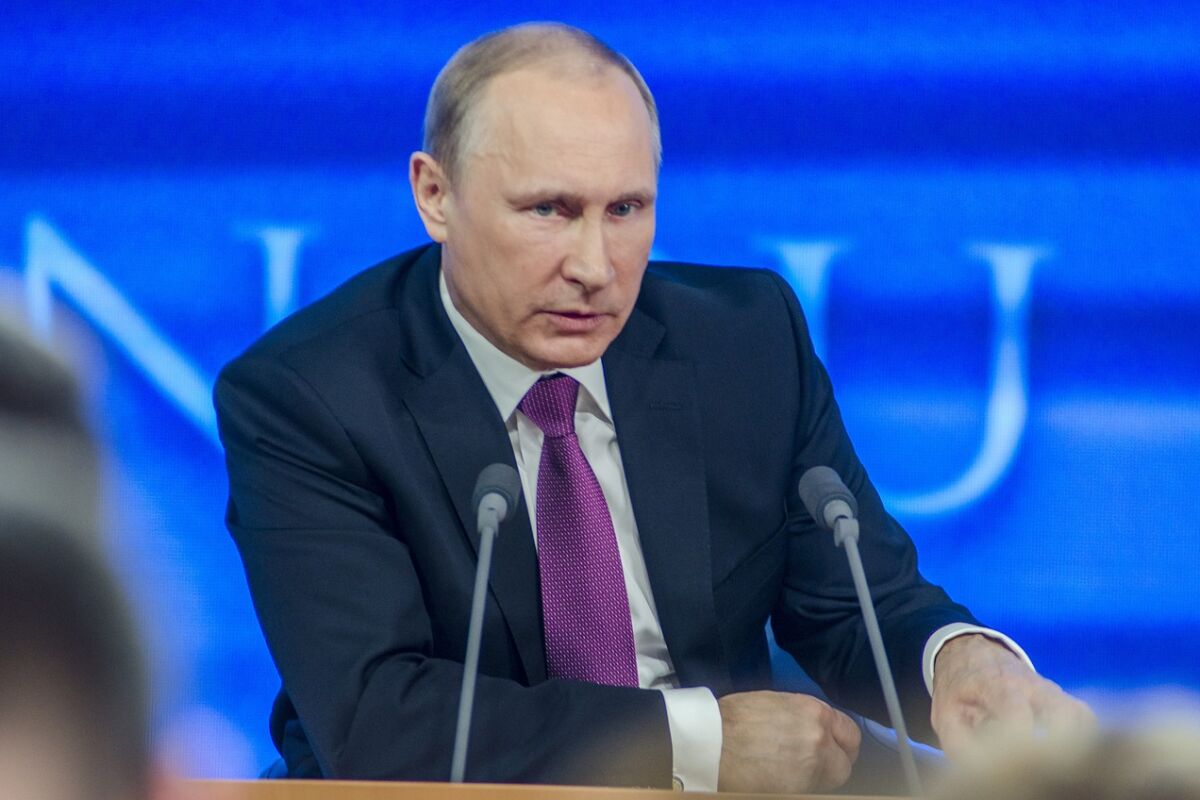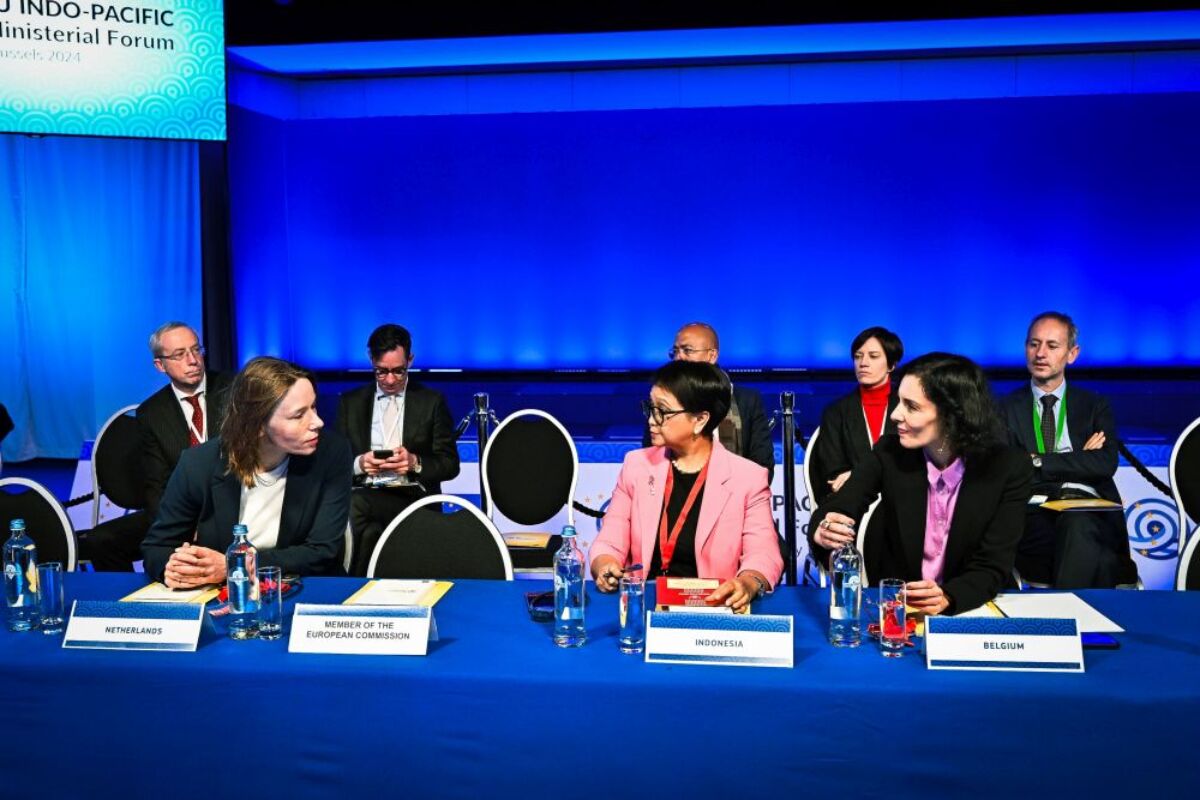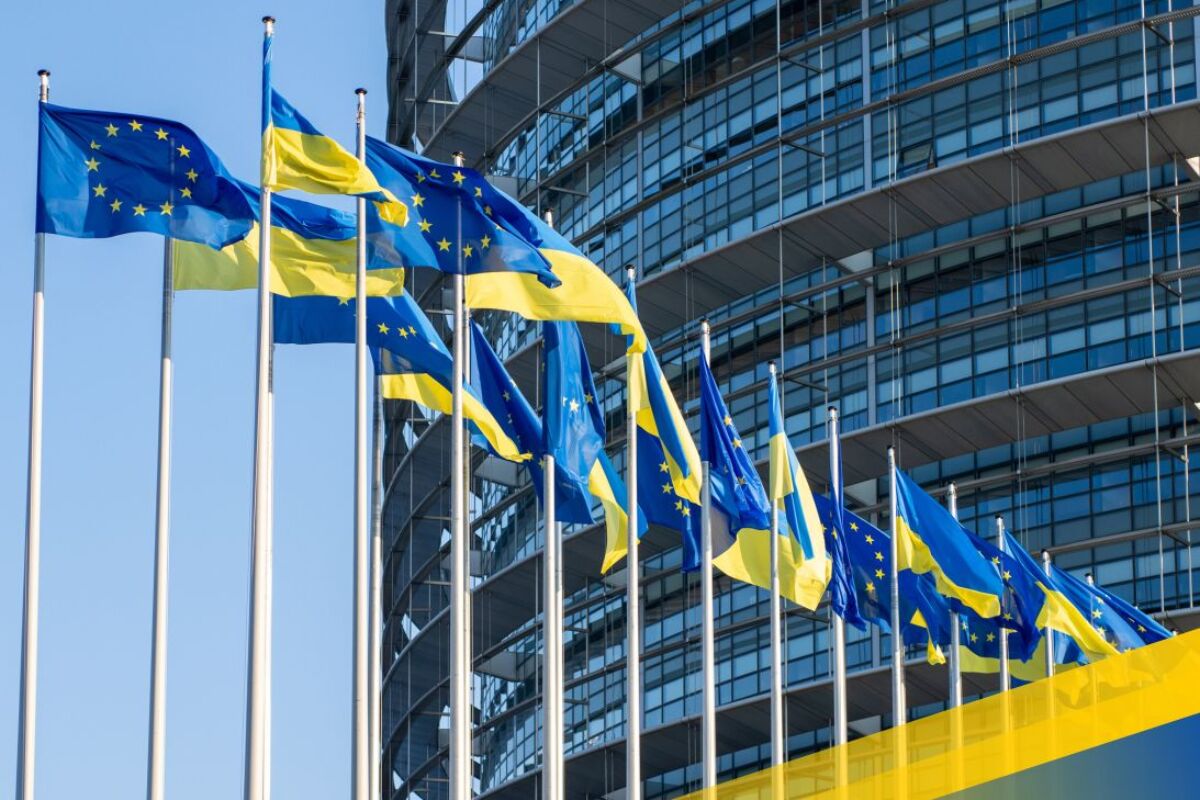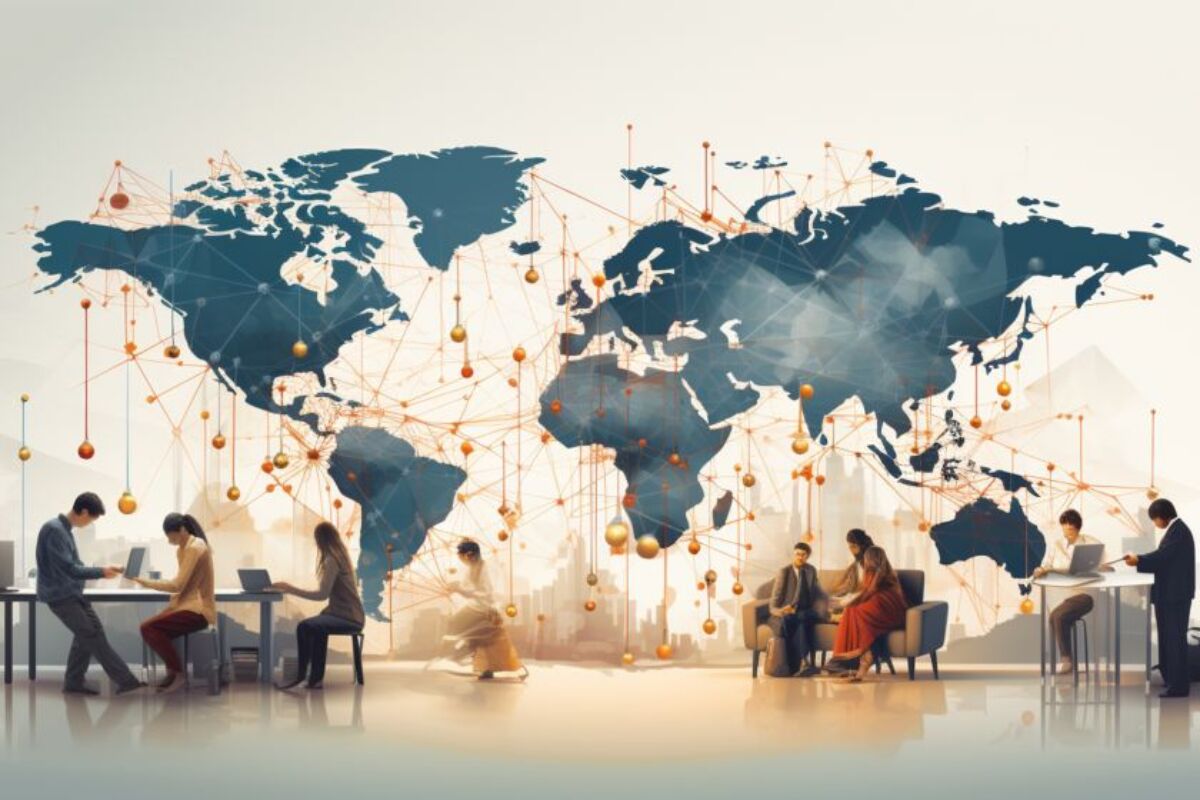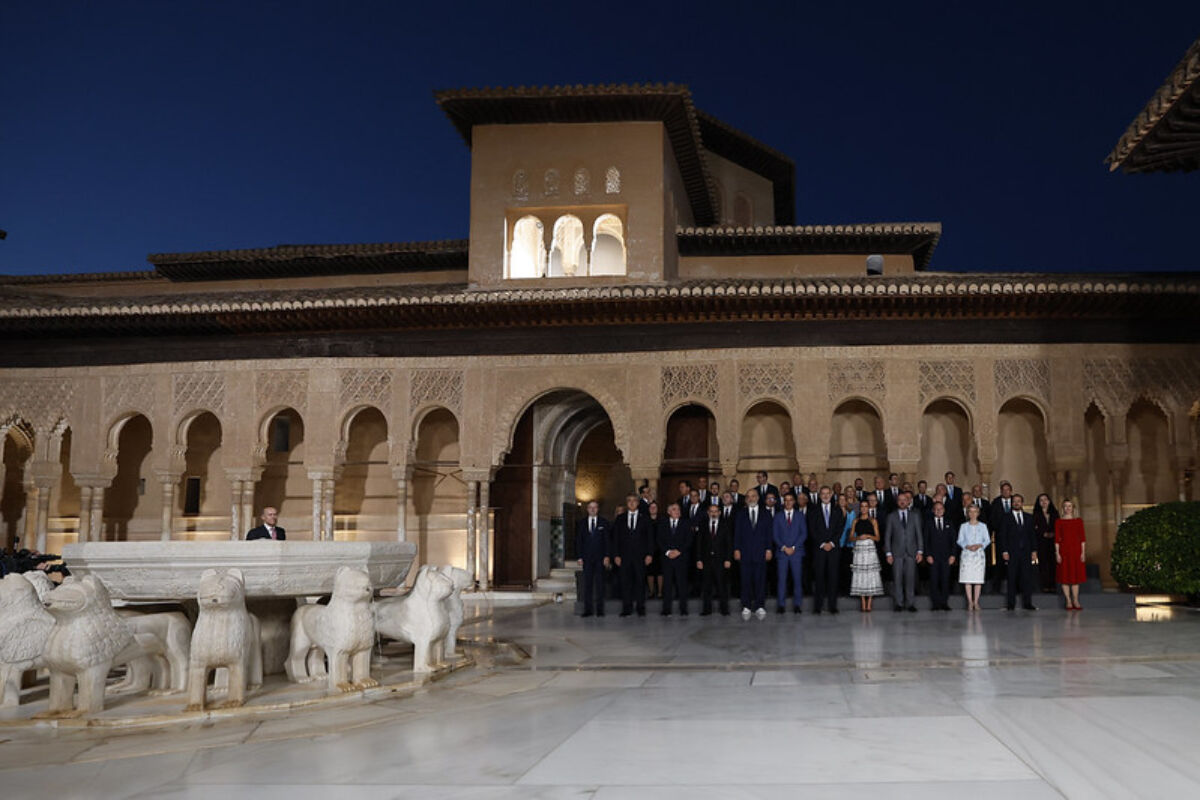There were two major outcomes from the G20 Summit for Europe: a toned-down statement on Ukraine, and the announcement of the India-Middle East-Europe Economic Corridor (IMEC). To put it plainly, one negative, one positive. Taking a closer look at both can lead to vastly different conclusions on the EU’s changing role in geopolitics and global governance. In short, we believe the lMEC is the true game changer. It shows how the power of resource aggregation can translate into geopolitical power, taking the discourse on economic cooperation into a whole new dimension.
Challenging the Bretton Woods establishment?
The G20 New Delhi Leaders’ Declaration and its failure to condemn Russia was described either as a concession from Western powers or as proof of the forum’s lack of relevance on global security developments – or even geopolitics in general. Yet it would be a strategic mistake for the EU to buy into the latter theory.
It’s true that in the last few weeks alone, the possible expansion of the BRICS to six new members, as well as the inclusion of the African Union (AU) into the G20 (thus, now the G21), have drawn attention to the tipping geopolitical and geo-economic balance between G7 powers and an increasingly organised ‘Global South’-adjacent coalition. Xi Jinping’s absence from the G20 has reinforced the impression that China, which is quite fond of ‘mini-multilateralism’ and ‘the West doesn’t care for the “Global South”’ discourse, has lost interest in the forum.
Though these are valid concerns that trigger existential questions for the G20 and its members, there is more to be said about the G20 as being a vessel for favourable geopolitical change.
Connectivity for geopolitics
The new India-Middle East-Europe Economic Corridor (IMEC) will link Asia and Europe through the Arabian/Persian Gulf. This is great news for the EU’s economic ties with Saudi Arabia and the United Arab Emirates, but also the US and India. But why is this geopolitical news?
It’s because the world has moved into an era where non-security issues are holding increasing geopolitical importance, from weaponised supply chain disruptions to energy supplies and raw materials availability. Covid-19, Russia’s war on Ukraine and their far-reaching consequences have stretched thin or completely fragmented global connectivity systems. Which is why securing safe and secure economic corridors, such as the IMEC that is expected to include not only rail and port links for faster trade, but also electricity cables, a clean hydrogen pipeline and a high-speed data cable, are tremendously important to the EU.
But does this importance explain why Commission President Ursula von der Leyen called the IMEC ‘the most ambitious project of our generation’ in her 2023 SOTEU address? India’s central place (both geographically and politically) in the IMEC deal points to another geopolitical epicentre besides Ukraine – the Indo-Pacific.
In the language of corridors, the IMEC provides the signatory countries with a common response to China’s Belt and Road Initiative. India has been taking action on its north eastern borders to secure links to ASEAN, and now it is actively securing its ‘Western front’. In tandem, the EU is now starting to deploy its Global Gateway strategy.
Meanwhile, Gulf countries and the US are bringing their own strategic interests and resources to the table. Here lies the true game changer – the IMEC shows the power of the aggregation of resources and how that can transform itself into geopolitical power, completely changing the paradigm on strategic economic cooperation.
In a way, the IMEC does put a twist on the tried and tested Bretton Woods methods: in the past, this kind of project may have been proposed by an institution such as the World Bank. Now the newly-expanded G21, under changing leadership, is redefining global connectivity. This is the exact audience for the Global Gateway – international partners who are fully aware of the geopolitical importance of safe and secure links with the EU. In that sense, Brazil’s 2024 G21 presidency and the AU’s permanent membership offer vast opportunities for the EU.
What all this really means for Europe
The IMEC quite possibly would not have happened under another G21 leadership, pointing to the importance of EU-India relations in the years (and possibly decades) to come. The deal also provides a partnership on equal grounds with countries that are not always like-minded, nor exactly rivals. Away from bloc thinking, it provides a chance for the EU to define and embody what it wants to be. It has traditionally achieved geopolitical means through regulatory power based on European values – indeed, we’re all familiar with the Brussels effect.
The Global Gateway, and its implementation through IMEC-style projects, creates a real opportunity for the EU to own a more direct brand of geopolitical power and foreign policy. It’s also a long-awaited change of tone: imposing standards – a bitter pill to swallow for many – is no longer the EU’s first kneejerk reaction in global connectivity and diplomacy.
In von der Leyen’s words, the past few years have witnessed ‘the birth of a geopolitical Union – supporting Ukraine, standing up to Russia’s aggression, responding to an assertive China and investing in partnerships.’ The 2023 summit has set an important precedent for the EU to replicate this approach with any and all of its international partners around the globe – a coordinated Team Europe endeavour, and an eye-to-eye partnership to aggregate resources.
The next EU-India summit, EU-AU summit, as well as the 2024 G21 Rio de Janeiro Summit, are further opportunities that are not to be missed – opportunities to really make IMEC the most ambitious project of our generation yet.



